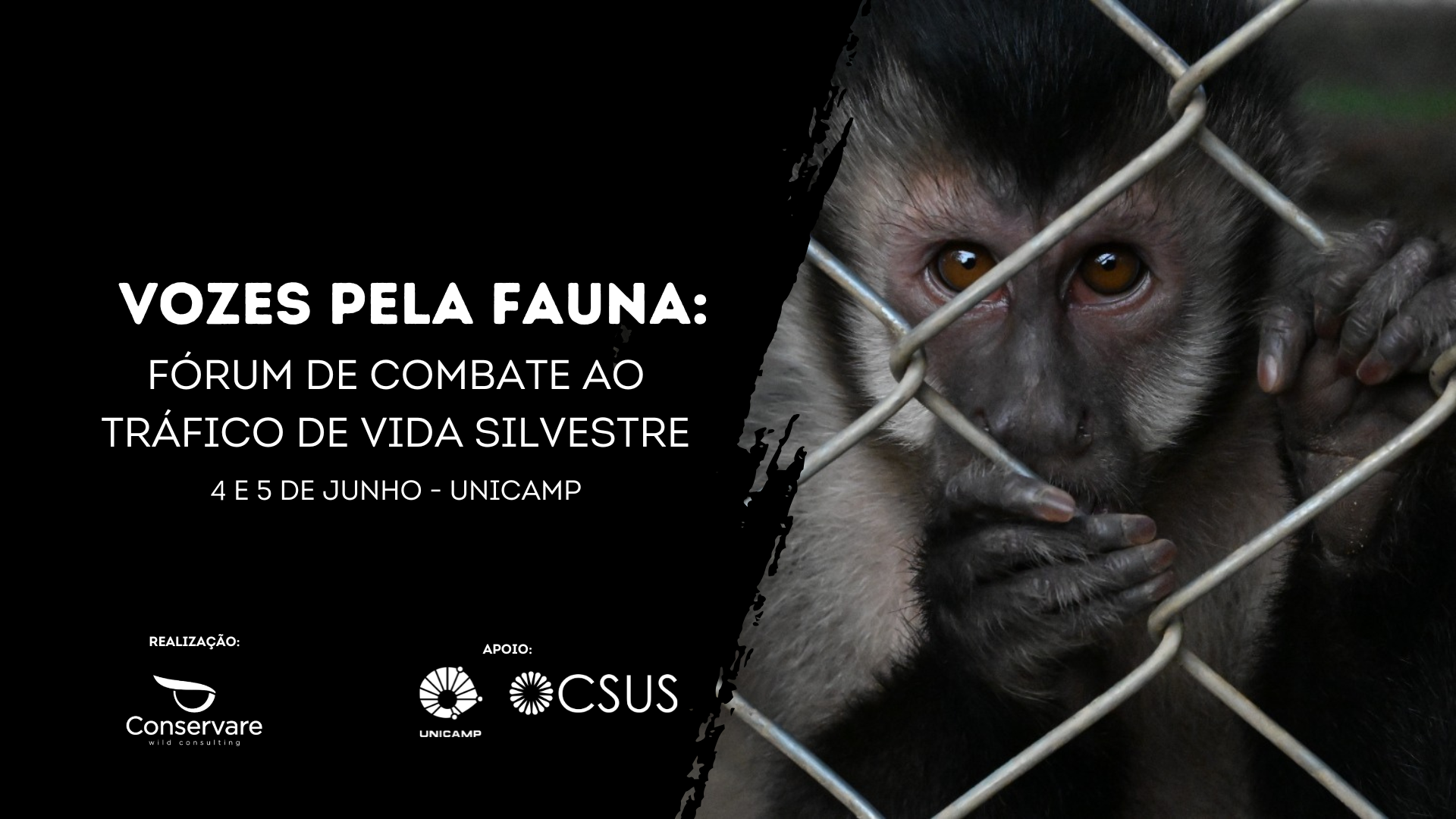The biodiversity credit market is emerging as a promising tool for environmental conservation, offering financial incentives for the protection of ecosystems and species.
With the growing environmental crises and the loss of biodiversity, initiatives such as the International Advisory Panel on Biodiversity Credits, the Biodiversity Credit Alliance and other global players are setting standards and frameworks that guarantee the quality and transparency of these credits. Unlike the carbon market, biodiversity credit deals with complex ecosystems, including specific indicators such as species diversity, habitats and social impacts.
This type of credit allows companies and investors to compensate and contribute directly to conservation. Instead of single fungibility (as with carbon), biodiversity credits are linked to local and geographical metrics that reflect the specific value of an ecosystemThese include hectares of forest or the density of a species. This requires rigorous audits and checks, ensuring that the market is not a stage for malpractice. greenwashing.
For Brazil, with its vast biodiversity and unique ecosystems, the biodiversity market represents both strategic environmental and economic potential, bringing the country closer to global goals and connecting local communities to foreign investment. This market, with robust governance, can transform conservation into a sustainable and sustainable path. economically viabledirectly benefiting indigenous peoples and promoting real conservation practices.

Biodiversity credits, in order to have genuine environmental value, must meet strict measurement and continuous monitoring criteria, in accordance with the guidelines established by the International Institute for Sustainability (IIS). These credit units must not only point to real improvements, but also be auditable to ensure that the positive impact is sustained over time. In addition, these credits require a clear comparative basis, with references from the original ecosystems that help demonstrate the effectiveness of conservation actions.
The creation of these credits involves specific geographical parameters, such as the the size of the preserved area or the number of species recoveredThis approach not only ensures transparency, but also facilitates the involvement of global actors, who can evaluate impacts and choose to support projects with reliable metrics. This approach not only ensures transparency, but also facilitates the involvement of global players, who can assess impacts and choose to support projects with reliable metrics. In this way, the biodiversity market, based on auditable and local data, becomes an attractive and sustainable solution for conservation.
The creation of biodiversity credits is a significant step forward in aligning economic and ecological interests, allowing companies to finance conservation actions while remaining competitive and responsible.
A Conservare is committed to Brazil's biodiversity by relying on a multidisciplinary and specialized team to better meet the changes that the environmental market demands today, thinking about a more economically, environmentally and socially sustainable future. Offering services such as primary and secondary surveys of fauna and flora, Conservare carries out monitoring of short, medium and long term with an exclusive methodologyIt is designed to provide reliable and measurable data over time. This personalized approach guarantees robust information, essential for assertive decision-making in line with biodiversity conservation.
Follow Conservare on Instagram e LinkedIn to find out more about our services.



